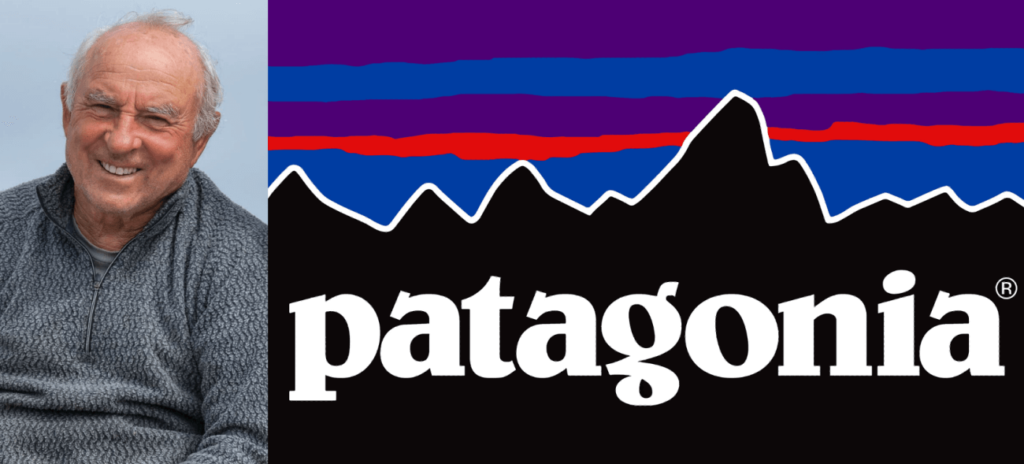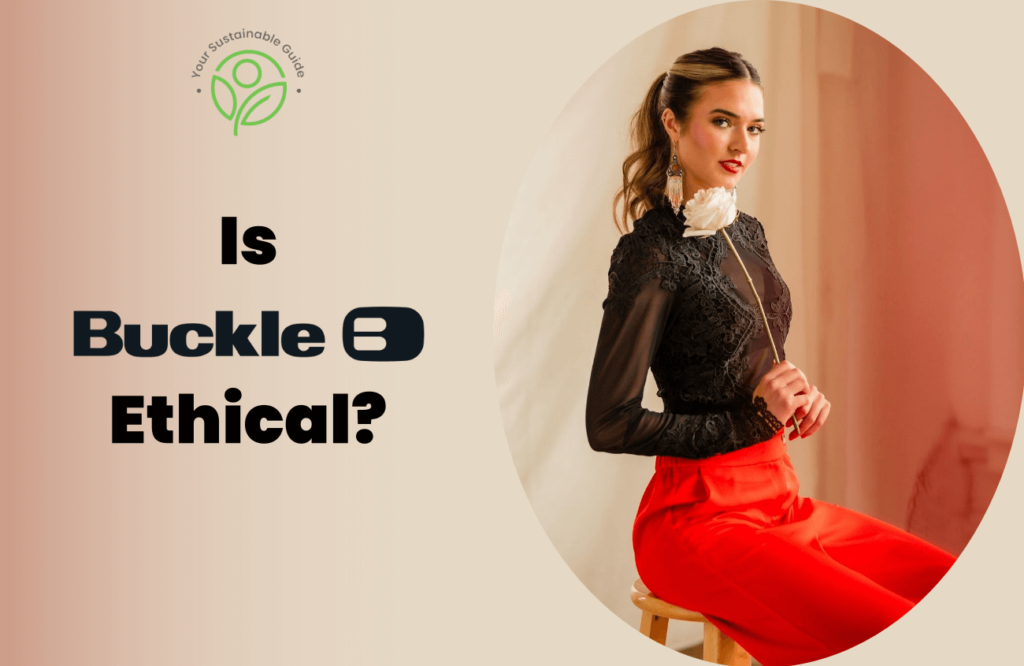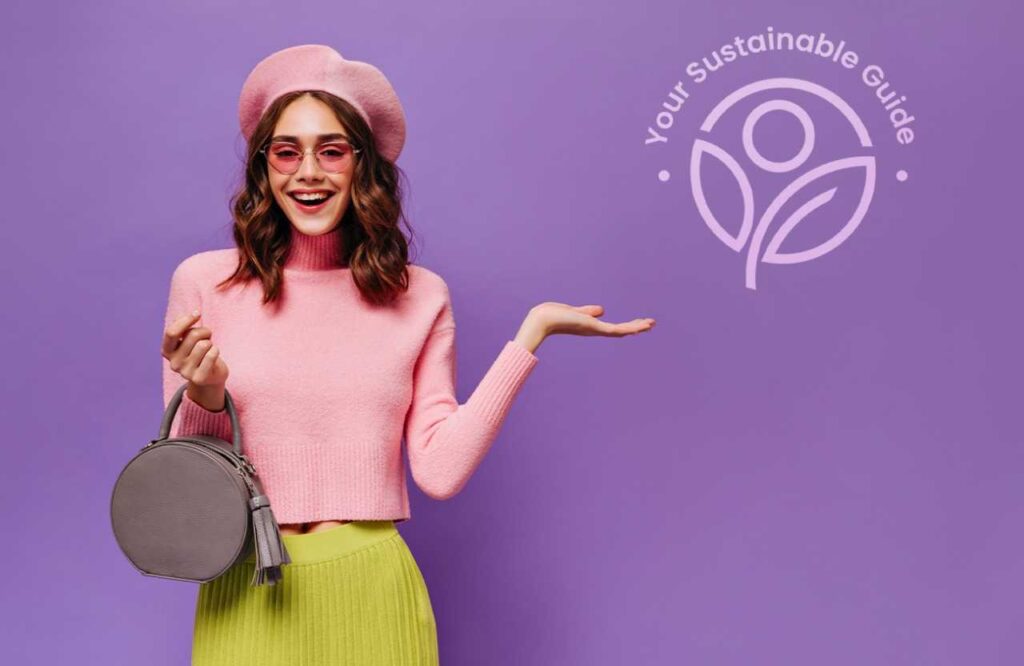If you are into the whole indie/grunge fashion, then you might already know Motel Rocks. The British clothing label is known for its edgy and eclectic designs, with each piece created to spotlight your personal style. But Motel’s to-die-for ditsy printed garments are not made from sustainable materials. It also doesn’t give us a sneak peek at its manufacturing processes. Does that mean sweatshops are at work? Is Motel Rocks a fast fashion brand?
Let’s find out everything about Motel Rock’s take on sustainability and ethical factors.

Is Motel Rocks Fast Fashion?
Yes, Motel Rocks or Motel, is fast fashion. It sells volumes of pop-culture-inspired trendy clothing designed to go outdated in a few months. It operates on a rapid-paced manufacturing scale without any concern for the effects of overproduction. And its website flaunts hundreds of styles in tops, dresses, trousers, and much more at any given time.
As per the words of Peter Giles (founder) himself, Motel drops 11 seasons annually. The label’s goal is to always jump into every new trend that you see on celebs, designers and on the runways. Like other fast fashion brands, its production is outsourced to third-world countries like Indonesia, where labor is cheap and readily available. Furthermore, the brand remains tight-lipped about its factories and labor conditions.
In short, Motel Rocks has all the indicators of fast fashion. From using cheap synthetic materials to overlooking the importance of an ethical supply chain— Motel Rocks is a fast fashion label that mass produces reasonably-priced, fast-evolving styles.
Is Motel Rocks Ethical?
No, Motel Rocks is not an ethical brand. It is one of those fast fashion retailers selling trendy clothing, all the while paying no heed to the ethical issues of the fast fashion industry.
Labor Practices
Motel Rocks doesn’t provide any information to evaluate its supply chain traceability and ethical standpoint. It lacks a Code of Conduct, leaving doubts about fair treatment, reasonable working hours, and safe conditions for workers. Its process for selecting manufacturers is also unclear, even though it claims to work with suppliers valuing human rights and fair labor. Transparency is needed to validate these assertions.
Additionally, the absence of Fair Trade certification for its factories raises concerns about the protection of workers’ rights. Companies must address labor issues to prevent any form of labor exploitation. So, it is crucial for Motel Rocks to enhance its supply chain transparency.
Sourcing Practices
Motel Rocks sources its apparel and accessories from factories located in Bali, Indonesia. And that’s the only information available on its website regarding its supply chain. It doesn’t publish its list of suppliers nor mention conducting any third-party audits. This tactic is often used by brands that use sweatshops for low-cost manufacturing.
Due to the absence of detailed information, it is challenging to verify Motel Rocks’ production units and sourcing policies. Ensuring transparency through reports on standard wages, safe working conditions, and responsible sourcing is essential for clarity. However, Motel Rocks is not inclined to provide this vital evidence, raising doubts about its commitment to ethical sourcing.
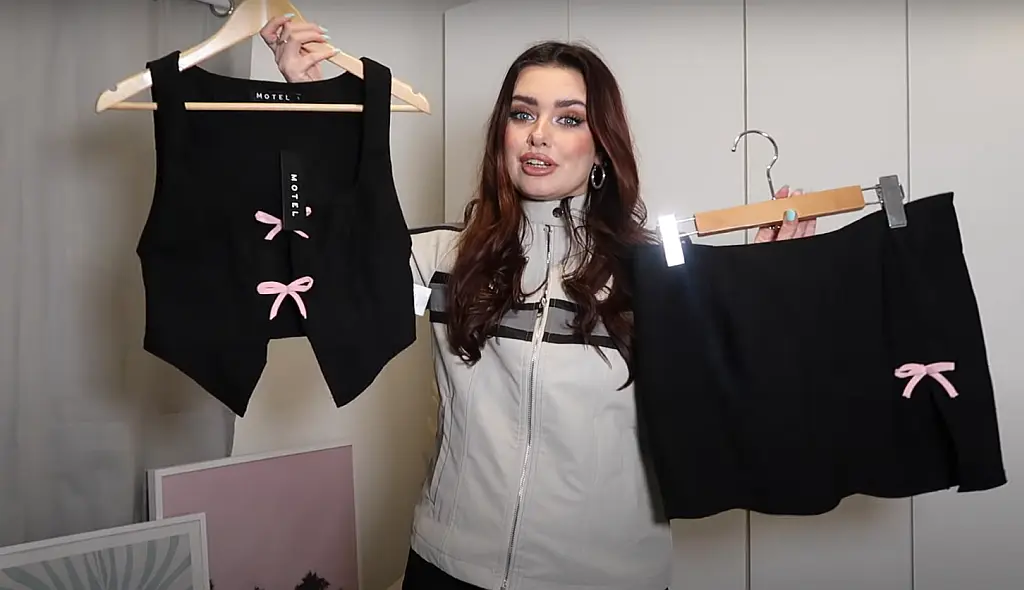
Child Labor
As of now, Motel Rocks has not been linked to any accusations of child labor. However, the brand’s lack of transparency around its labor conditions makes it difficult to confirm that it doesn’t benefit from employing minors. So, no idea what’s happening behind those closed doors.
Child labor in fast fashion is a sensitive part of modern slavery that no brand wants to associate with. And when companies don’t maintain transparency, there’s every prospect of unethical standards at work.
Overall Rating: 1
Is Motel Rocks Cruelty Free?
Motel Rocks is again a no-show in terms of animal welfare policies. Upon shuffling through its product categories, we found that it doesn’t seem to use animal-derived materials like fur, angora, cashmere, silk, alpaca wool, exotic animal fur or hair. However, it does use sheep wool in many of its knitwear and coats without mentioning their origin. So, there is no assurance that the brand sources them ethically.
Overall Rating: 1
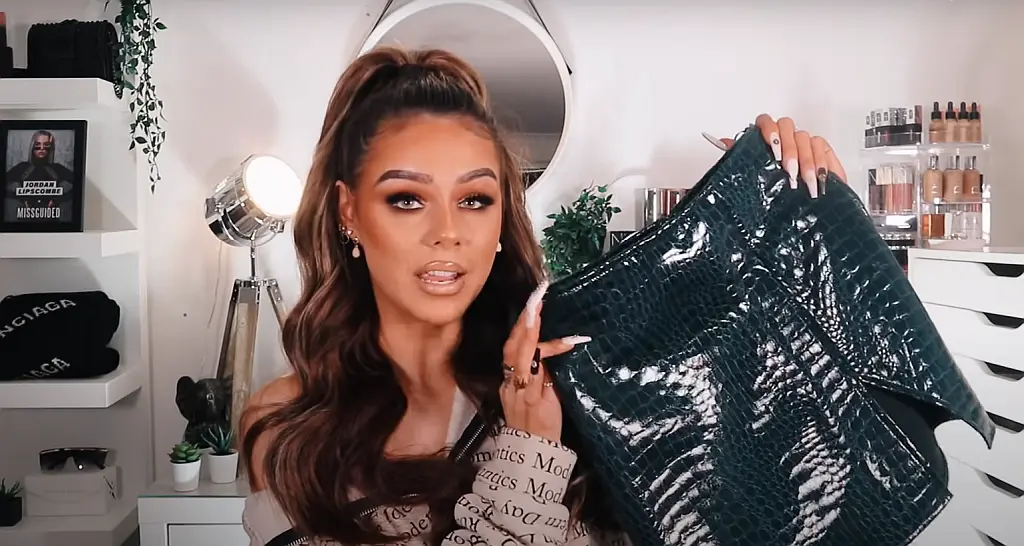
Is Motel Rocks Sustainable?
No, Motel Rocks is not sustainable. It rapidly manufactures clothing and saturates the markets with stylish designs offered at affordable prices. The newest of trends are added regularly on its website, tempting consumers to shop more.
Moreover, most of Motel Rock’s clothing are made up of not-so-sustainable fabrics like polyester, elastane, viscose, conventional cotton, etc. The fabric descriptions on their products show no attempt at using eco-friendly fabrics or curbing the use of polyester. The amount of carbon emissions and water usage involved in the production of such high-impact fabrics is truly alarming.
Motel Rocks doesn’t have a ‘Repair or Take back’ policy. It neglects the responsibility of its worn-out clothing, contributing to the overflowing landfills and the environmental impact of fast fashion. Plus, it doesn’t take measures to control textile waste across its supply chain.
Additionally, Motel Rocks doesn’t have any sustainability targets for reducing greenhouse gases, adopting eco-friendly materials, or recycling wastewater in its supply chain. In summary, the fashion label fails to take meaningful steps to reduce its carbon footprint.
Overall Rating: 1
Some of the Best Sustainable Alternatives to Motel Rocks
The fast fashion industry is a powerful force that is using up our planet’s resources and affecting consumers negatively. Its speedy production model harms both nature and workers by exposing them to cheaper materials made from unsustainable sources. Brands like That’s So Fetch, Romwe, and Nasty Gal are just fueling the climate crisis, giving you enough reasons to avoid them.
As a responsible shopper, you can make a difference by choosing affordable sustainable clothing brands. If you love clothing with an ‘indie/cool girl vibe,’ consider switching to mindful alternative labels like Mayamiko, YesAnd, WAWWA, and People Tree.
1. YesAnd

Yes And is a sustainable fashion brand that creates fine basics for modern women, such as tops, dresses, bottoms, sweatshirts, and sleepwear. The label believes that its garments not only “Look good on you but Do good for the planet.” Committed to sustainability, it uses green materials like GOTS-certified organic cotton and Tencel lyocell, ensuring fashion-forward pieces with a minimal carbon footprint. With a mission to empower women, over half of their farmers and garment makers are female, earning a dignified livelihood. For every YesAnd purchase you make, they plant a tree, making your choice even more impactful for the environment.
2. WAWWA

Based in the UK, WAWWA is a sustainable brand that aims to make clothing by putting the Earth and its inhabitants first. The label is home to fair trade, organic, and vegan-friendly garments designed to have a positive social impact. It uses lower-impact materials, such as GOTS-certified organic cotton, recycled materials, and non-toxic dyes, to limit the use of chemicals, water, and wastewater in its production practices. To reduce overproduction, WAWWA makes small-batch collections and even has a ‘Pre-order’ section. This approach not only makes them more efficient by cutting less fabric but also keeps their costs low.
3. Mayamiko

Handmade with love in Malawi, Mayamiko elevates Fair Trade production with its gorgeous clothing and accessories. This 100% PETA-certified vegan brand combines modern and traditional textiles from Africa, Asia, and Italy, offering vibrant clothing options. It uses beautiful, sustainable fabrics that are kind to the Earth and to your skin. It also has a ‘Resale’ platform where you can shop or sell pre-loved goodies. Beyond fashion, Mayamiko is a strong supporter of improved labor rights and has established the Mayamiko Trust. Through this charity, the label empowers disadvantaged South African women by providing training and community support.
4. People Tree

People Tree offers Fair Trade products in a lively range of clothing and accessories that include everything from breezy dresses to cozy knits to suit various tastes. Its mission is to create versatile styles that are ‘Good for the planet and the people’ by using eco-friendly fabrics with minimal environmental impact. Also, it uses non-mulesed wool from New Zealand, which bears the mark of being cruelty-free. At People Tree, everything is crafted with the highest ethical and environmental standards. It collaborates with responsible factories that empower garment makers. Plus, the clothes are colored using safe, natural dyes without harmful chemicals.



